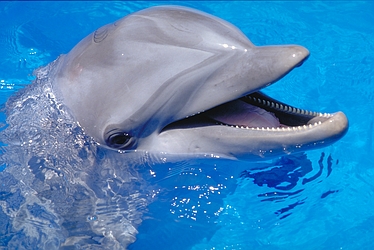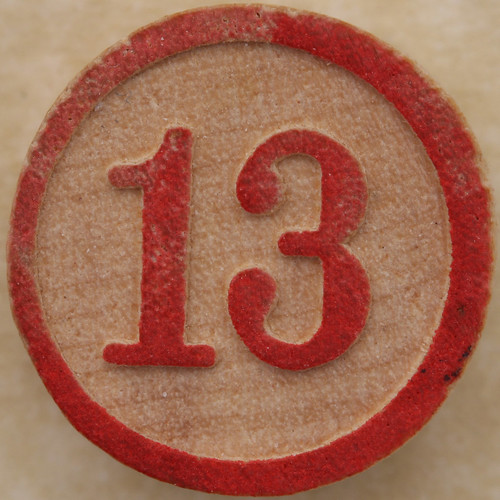Today, I'm going to tell you what the therapist thinks of Lily's play skills.
First of all, this is from a speech therapist's point of view.
Second, this is a speech therapist who is not a fan of ABA, or applied behavioral analysis, a type of behavioral therapy that Lily receives.
And thirdly, this is her opinion and should not be taken as fact, or even 100% my opinion.
Here we go:
If electronics are not in the picture, Lily loves water play. I really think she is part mermaid. In fact, I may not have water play on the agenda for the day, but odds are good that she will find a source of water and engage in some play whether I like it or not.
She also loves good old-fashioned horse play with her dad. Lily is a rough and tumble kind of kid so she loves it when Ryan throws her on our bed or chases her around the house, only to grab her and tickle her. I have tried these games with her myself but unfortunately, I am a poor substitute for her dad.
She loves being tickled in the armpits by her big sisters.
So, as you can see, the list of non-electronic play is rather short right now.
We are working to expand her play repertoire at the moment, something that will probably take a few months.
The speech therapist feels the main reason for this lack of play is that Lily no longer thinks of traditional play as fun. She doesn't look at puzzles or balls or Legos or play-doh as enjoyable activities.
In short, she has lost the joy of play.
The speech therapist believes this disengagement from play is mostly the fault of ABA.
You see, one part of ABA is something called Discreet Trial Training, or DTT. In very, very simple layman's terms, this means getting a child to complete a task, essentially for a reward.
Think of a mouse running through a maze to get to the cheese. Does the mouse run the maze because he loves the maze? No. He's in it for the cheese.
So for the past year and a half, Lily has been engaged in DTT. She has learned to do all kinds of things, like putting puzzles together, stacking blocks, feeding a baby doll, and the like. But she has learned these things not because she likes doing them, but because once she completes the activity, she gets to choose something she wants to do. In other words, something electronic, like the iPad or the clinic's touch screen computer.
Essentially, and possibly by default, Lily has learned that giving a baby doll a fake bottle or pouring a cup of tea is simply a task to complete, much like the maze is for the mouse.
What she hasn't learned is that some kids think feeding baby dolls, having a tea party or doing puzzles is actually fun. These activities are play, in and of themselves.
The speech therapist thinks Lily doesn't think of these things as play, but rather as work.
And she believes that's the fault of DTT.
Do you see how she came to this conclusion?
Now our goal is to help Lily re-engage in some of these kinds of play, showing her that this is the play. The reward is not the play. I'm thinking of calling it Operation Restore the Joy. Nice ring, don't you think?
I've been scouring Pinterest for ideas and spent last Friday at Wal-Mart picking up a few things that will hopefully capture Lily's attention and help us restore the joy of simple play.
And since I'm no dummy, I'm starting with water play, the most highly non-electronic motivating thing for her.
I'll keep you posted on how it's going - and hopefully, I'll write "What the Mom Thinks" tomorrow.
In the meantime, any thoughts to share? I'd be interested to hear...






























